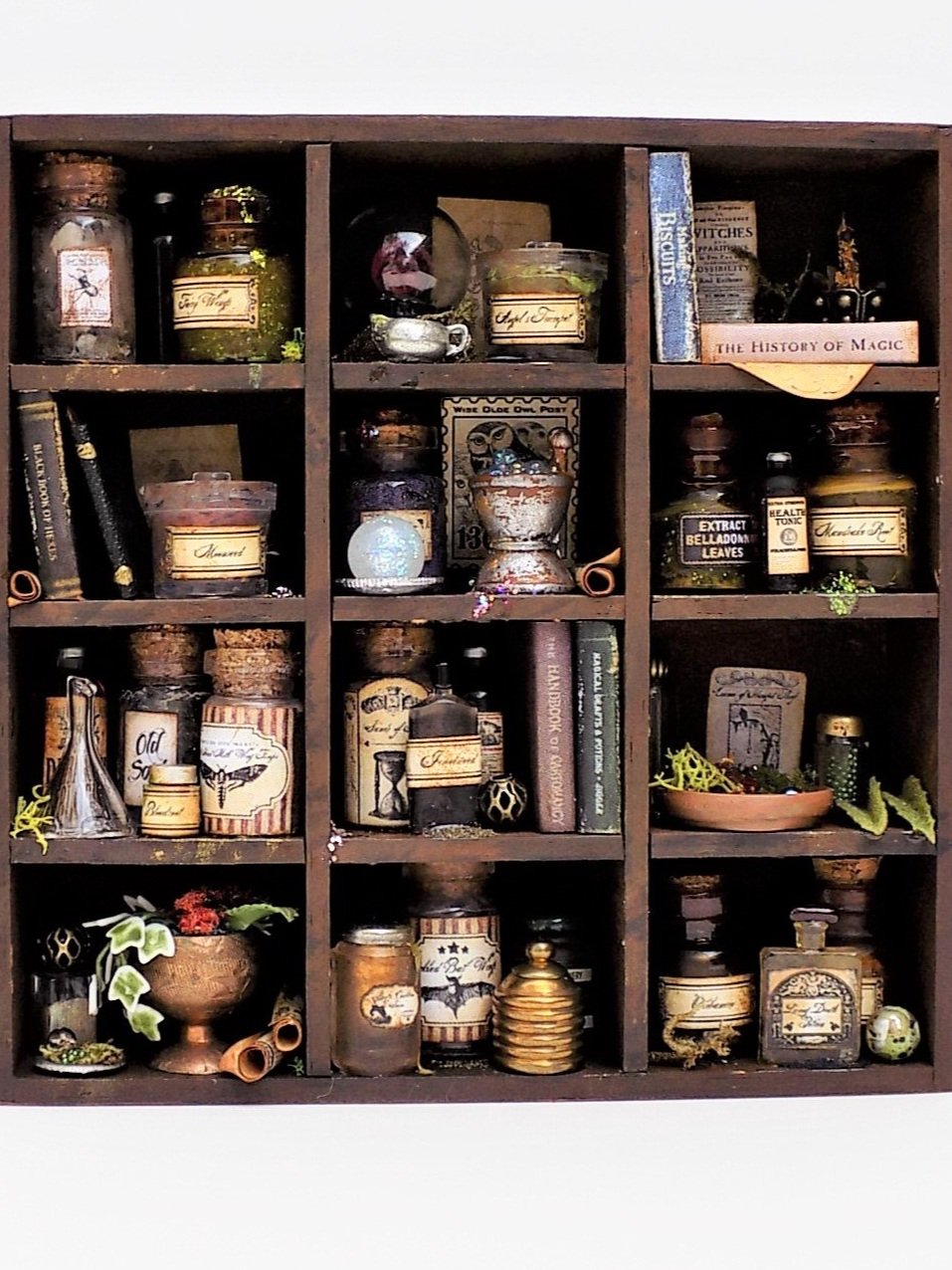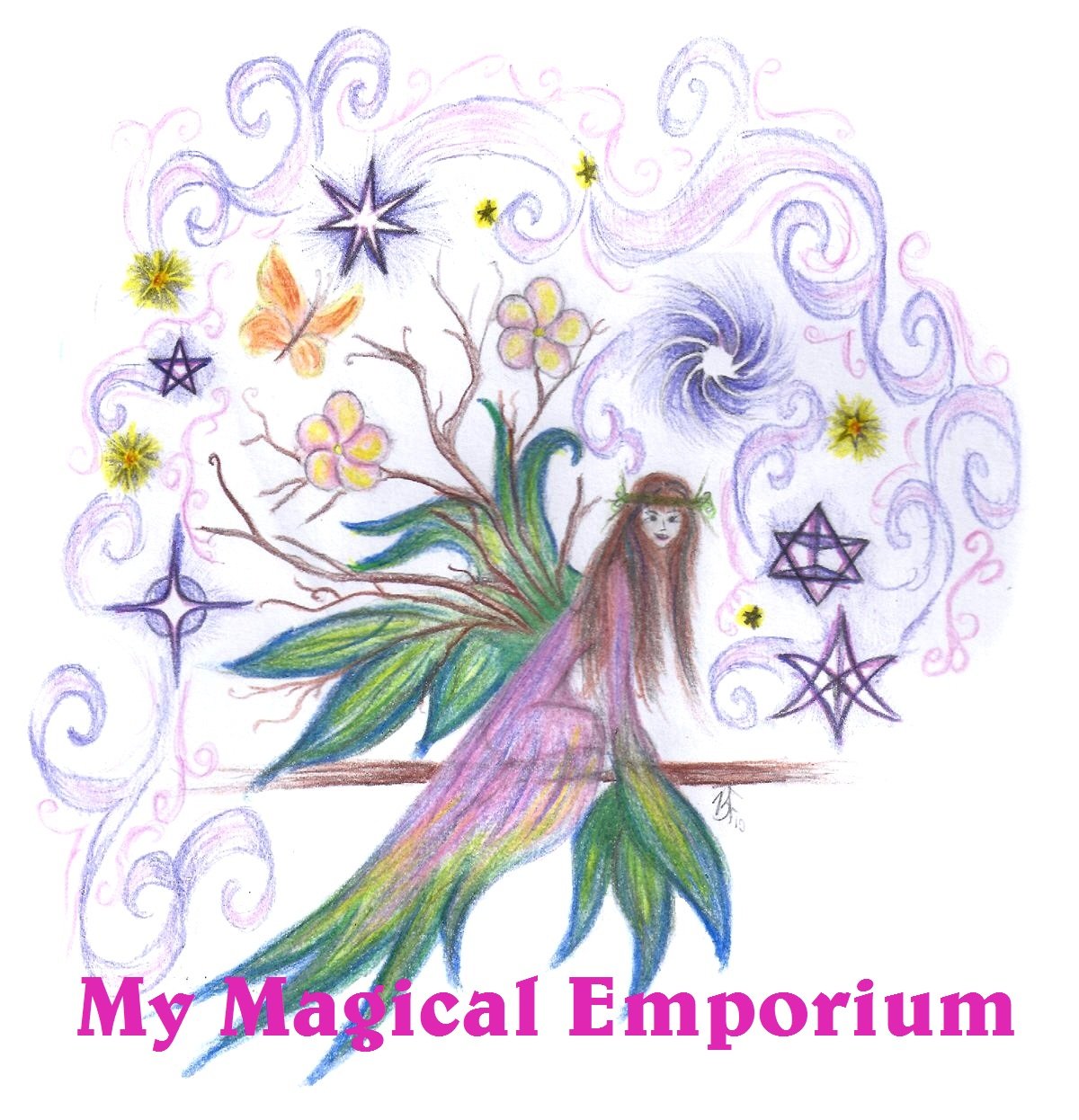
Herbal Terminology
Adaptogen: Herbs that improve the ability of the body to adapt to stress. They promote well-being, balance and health. Adaptogens help regulate or normalize organ and system function on a broad basis.
Adjuvant: Herbs which enhance a body’s response to a remedy. An adjuvant aids the action of other ingredients of a formula to encourage assimilation, balance energetic or other qualities, or catalyze the overall response.
Analgesic: A substance that relieves pain.
Anodynes: Herbs used to relieve pain.
Antiemetics: Herbs used to lessen nausea and prevent or relieve vomiting.
Aperient: Chiefly used to describe a mild laxative, aperients also encourage the appetite or digestion, typically preparing the digestive environment.
Astringents: Herbs that contract tissues, make them denser and firmer, and regulate body secretions. Astringents herbs tighten and tone the body.
Balsamic: Herbs that soothe and mitigate inflammation.
Carminative: The volatile oils in carminative plants support digestion and help prevent gas.
Compress: A cloth or gauze soaked in a liquid herbal preparation such as an infusion or decoction, and then applied externally to the skin/body.
Decoction: A concentrated water extraction of plant material made through boiling or simmering. A water extraction using a continuous heat supply, usually a long simmer (20-45 minutes). Typically used for denser plant parts such as roots, bark, seeds, berries and mushrooms. A decoction is more concentrated than an infusion, which is typically made by simply pouring boiling water over fresh or dried herbs.
Demulcent: An herb that creates a soothing film over a mucous membrane. If applied topically and used on the skin they are called emollients. Slippery elm, an herb used for sore throats, is an example of a demulcent.
Emetics: Herbs that induce vomiting.
Emmenagogue: Herbs that stimulate and regulate menstrual flow and help normalize hormonal levels, often through their action on the liver.
Expectorant: Herbs that loosen mucus so it can coughed up and expelled.
Herbal medicine: Herbal medicine, which has roots in ancient cultures, involves the medicinal use of plants to treat disease and support general health and well-being.
Hypnotics: Herbs that help support healthy sleep.
Infusion: A drink, remedy, or extract made by soaking the plant material in liquid (usually water). Infusions are recommended especially for flowers & leaves, whose volatile oils, vitamins and enzymes are easily extracted through being submerged in hot water.
Infused Oil: An oil into which qualities of an herb have been transferred by infusion over a length of time from hours to several weeks, sometimes by applying heat.
Maceration: Maceration means chopping or grinding the herb, putting it in a jar and covering with a solvent (usually a combination of alcohol and water). Let it sit for a month, then strain it out. The liquid leftover is the tincture, having extracted the active constituents of the plant.
Mucilage: A thick, gluey substance produced by nearly all plants, mucilaginous herbs tend to be demulcent.
Nervine: Herbs that specifically benefit the nervous system. Actions can vary: Some stimulate, some relax, some tone and strengthen.
Poultice: A soft, moist, mass of plant material applied topically to sores. The poulticed herbs are held in place with a cloth, leaf, bandage, or other suitable material.
Rubefacient: Promotes dilation of capillaries near the surface of the skin, causing the skin to redden. Stimulates circulation and relieves inflammation or congestion.
Salve: Semi-solid fatty herbal mixture typically applied externally. Common ingredients are primarily an oil and a wax, such as extra virgin olive oil infused with herbs and combined with melted beeswax.
Tincture: An extract of a plant made by soaking herbs in a dark place with a desired amount of either glycerin, alcohol or vinegar for two to six weeks. The liquid is strained from the plant material and then the herbal tincture is used therapeutically.
Tonic: Herbs that stimulate, energize and strengthen the body.

